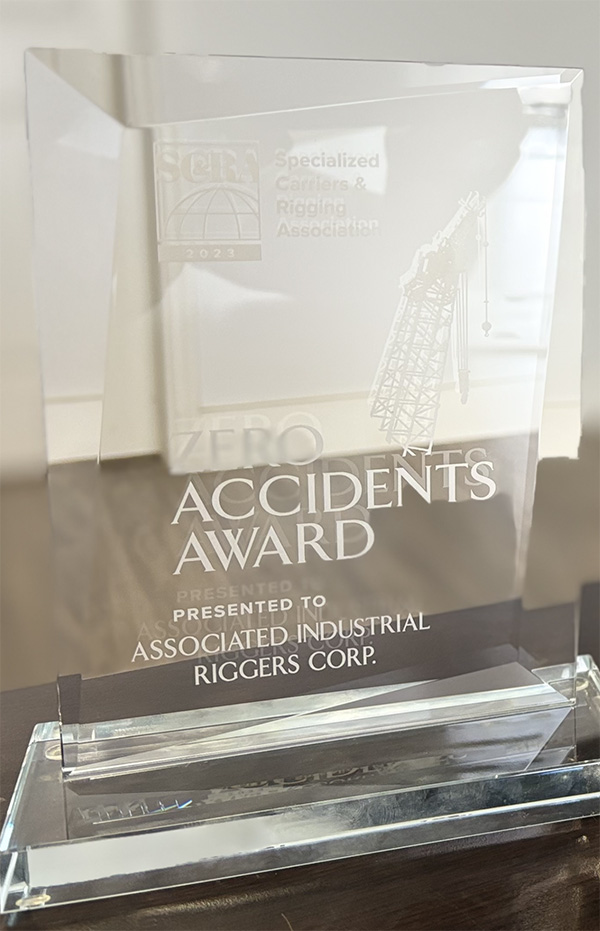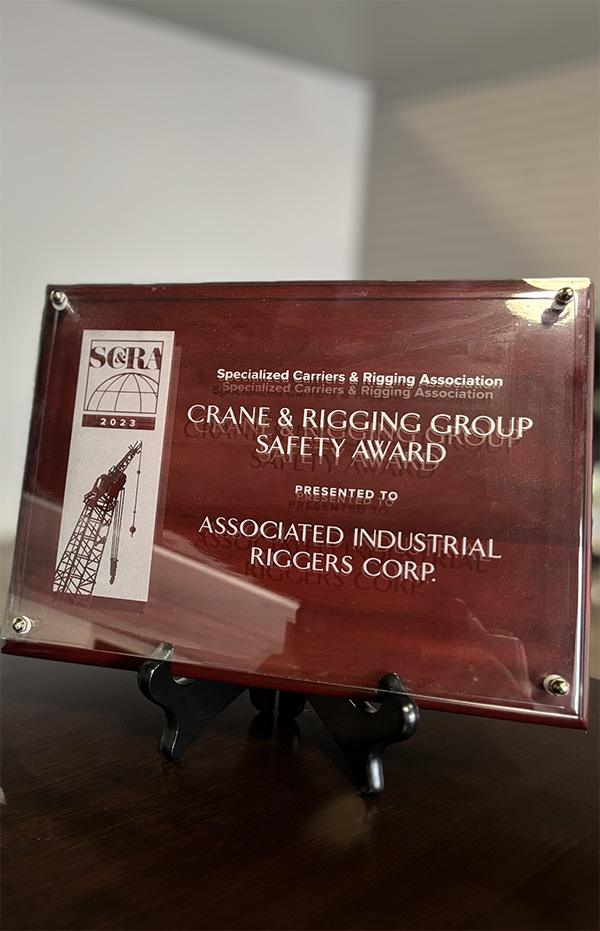One of the primary safety considerations in machinery moving and plant relocation is the selection and utilization of equipment. Cranes and heavy lift forklifts are indispensable tools in handling heavy loads, but their safe operation relies on factors such as proper maintenance, operator training, and adherence to weight limits and load capacities. Rigorous inspection routines are implemented to ensure that equipment is in optimal condition, minimizing the risk of malfunctions or accidents during operation.
In addition to equipment safety, personnel safety is of utmost importance. Rigging professionals undergo comprehensive training to familiarize themselves with industry best practices, safety protocols, and emergency procedures. This training covers various aspects, including proper lifting techniques, hazard awareness, and the use of personal protective equipment (PPE) such as helmets, gloves, and safety harnesses. By empowering workers with the knowledge and skills necessary to navigate potential risks safely, incidents are significantly reduced.



